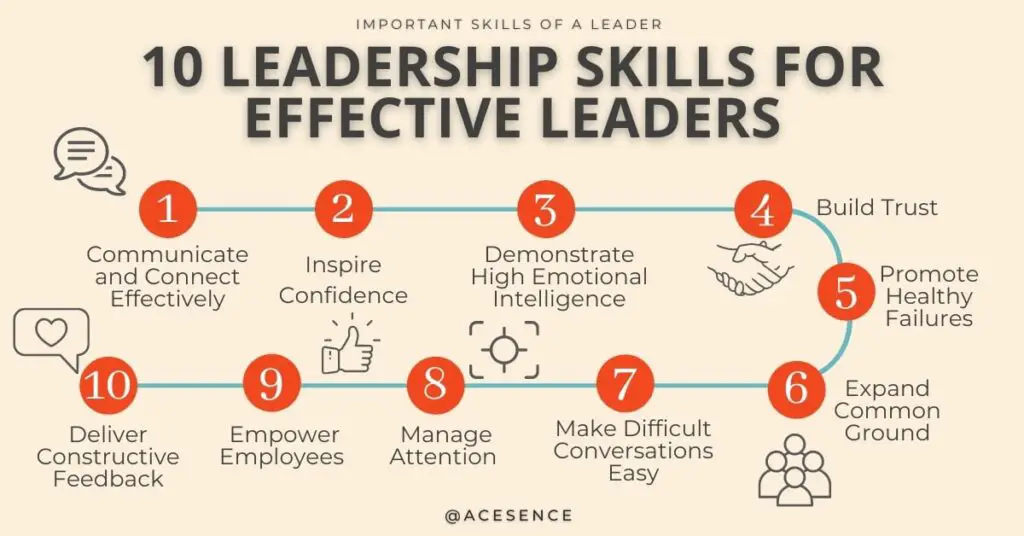Welcome to an exploration of the crucial role that leadership skills play in survival situations. Whether you find yourself lost in the wilderness or facing a natural disaster, having strong leadership qualities can make all the difference in ensuring the safety and well-being of yourself and others. In this article, we will discuss the important attributes of a good leader in survival scenarios and how these skills can ultimately impact the outcome of a challenging situation. Let’s dive in and discover the significance of strong leadership in times of crisis. Have you ever found yourself in a survival situation where you needed to rely on a team to overcome obstacles and make it out alive? Whether you are stranded in the wilderness, facing a natural disaster, or dealing with a crisis, having strong leadership skills can be the difference between life and death. In this article, we will explore the importance of leadership skills in survival situations and how you can develop these essential qualities to increase your chances of survival.
What are Leadership Skills in Survival Situations?
Leadership skills in survival situations refer to the ability to guide and motivate a group of individuals to work together towards a common goal of staying safe and overcoming challenges. These skills include effective communication, decision-making, problem-solving, delegation, and emotional intelligence. In a survival scenario, a leader must be able to keep a cool head, assess the situation, make quick and accurate decisions, and inspire confidence in the team.
Think of leadership skills as your compass in the wilderness – they guide you through the unknown, help you navigate obstacles, and keep you on course towards safety.
Effective Communication
Effective communication is a cornerstone of strong leadership in survival situations. A leader must be able to clearly convey information, instructions, and expectations to team members in a way that is easily understood. Communication is essential for coordinating efforts, maintaining morale, and ensuring everyone is on the same page.
Just like a walkie-talkie is vital for communication in the wild, clear and concise communication among team members is crucial for survival.

Decision-Making
In survival situations, quick and informed decision-making can mean the difference between life and death. A leader must be able to assess risks, evaluate options, and choose the best course of action under pressure. It is important to prioritize tasks, weigh potential outcomes, and adapt plans as needed to ensure the safety and well-being of the team.
Think of decision-making in survival situations as a game of chess – each move must be strategic, calculated, and designed to outwit the challenges ahead.
Problem-Solving
Survival situations often present complex and dynamic problems that require creative solutions. A leader must be able to think outside the box, analyze challenges from different perspectives, and come up with innovative strategies to overcome obstacles. Problem-solving skills are essential for adapting to changing circumstances, making the most of available resources, and finding ways to stay safe in the face of adversity.
Problem-solving in survival situations is like a puzzle – each piece represents a challenge, and it is up to the leader to put them together in the right way to achieve the ultimate goal of survival.

Delegation
In survival situations, a leader cannot do everything alone. Delegation is a key leadership skill that involves assigning tasks, responsibilities, and roles to team members based on their individual strengths and expertise. By delegating effectively, a leader can distribute workloads, foster teamwork, and maximize the team’s collective capabilities.
Delegation is like building a shelter in the wilderness – each team member has a role to play, and by working together, they can create a safe and secure environment for everyone.
Emotional Intelligence
Emotional intelligence is the ability to understand and manage emotions, both in oneself and in others. In survival situations, emotions can run high, and a leader must be able to remain calm, composed, and empathetic in the face of fear, stress, and uncertainty. By displaying emotional intelligence, a leader can foster trust, build rapport, and maintain morale within the team.
Emotional intelligence is like a fire in the wilderness – it provides warmth, light, and comfort to those who need it most, helping them stay strong and resilient in the face of adversity.

Developing Leadership Skills in Survival Situations
Just like any other skill, leadership skills can be developed and honed through practice, experience, and training. To increase your chances of survival in a crisis, consider the following strategies for developing your leadership skills:
- Take a leadership role in group activities or projects to practice decision-making, communication, and problem-solving skills.
- Seek out opportunities to volunteer or participate in team-building exercises to improve your ability to work collaboratively with others.
- Read books, attend workshops, or take courses on leadership development to learn more about effective leadership strategies and techniques.
- Reflect on past experiences in challenging situations to identify areas for improvement and develop resilience in the face of adversity.
- Seek feedback from peers, mentors, or coaches to gain insights into your leadership style and areas for growth.
Like building a fire from scratch, developing leadership skills in survival situations takes time, effort, and dedication, but the rewards are priceless when it comes to staying safe and overcoming obstacles.
Conclusion
In conclusion, leadership skills are essential for survival situations where clear communication, quick decision-making, creative problem-solving, effective delegation, and emotional intelligence are key to navigating challenges and ensuring the safety of a team. By developing and honing these leadership skills, you can increase your chances of survival in a crisis and emerge stronger, more resilient, and better equipped to overcome adversity. Remember, in survival situations, a strong leader can be the difference between making it out alive and falling victim to the elements. So, embrace your inner leader, trust your instincts, and lead your team to safety through whatever challenges may come your way. Stay safe, stay strong, and never underestimate the power of leadership skills in survival situations.

